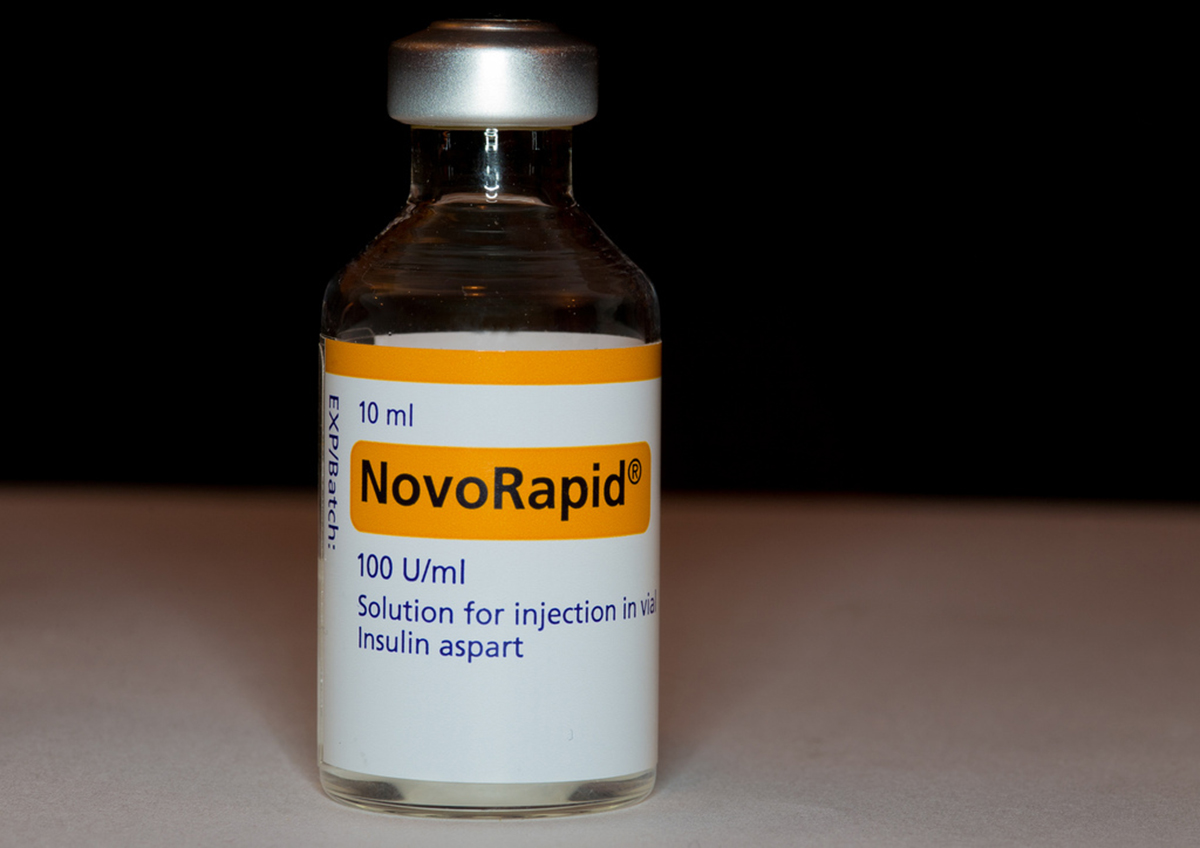Table of Contents
Insulin is a hormone produced by our pancreas and its main function is the regulation of the levels of glucose present in our blood.

How does insulin work?
In a healthy person, the pancreas releases insulin whenever glucose levels in the bloodstream rise up, situation that occurs after every meal.
When this system doesn't work, glucose metabolism is affected and the general balance of the body is completely altered.
Not enough insulin: Type I diabetes
In patients with type I diabetes, low levels of insulin as a consequence of pancreatic damage or inherited malfunctioning, prevent the cells from taking glucose from the bloodstream.
Because no glucose can enter the cells, they need to use an alternate source of energy to keep functioning. Ketones then come into stage.
This is why type I diabetics cannot rely on the emergency mechanisms of the body to compensate for the lack of glucose inside the cells, so they need to inject insulin in order to keep the cells fully charged with glucose.
Type I diabetes is considered to be mainly a genetic disease, although there could be environmental causes to it, also.
Defective insulin: Type II diabetes
Type II diabetes is a whole different story. Even when it also has to do with a disruption in the insulin signaling, it is mainly caused by a reduced effectiveness of this hormone to activate the glucose intake from the blood stream into the cells.
See Also: Insulin Pump for Type 1 and Type 2 Diabetes
- Photo courtesy of Mikael Häggström by Wikimedia Commons : commons.wikimedia.org/wiki/File:Glucose_metabolism.svg
- Photo courtesy of Alden Chadwick by Flickr : www.flickr.com/photos/aldenchadwick/6337933817/


Your thoughts on this